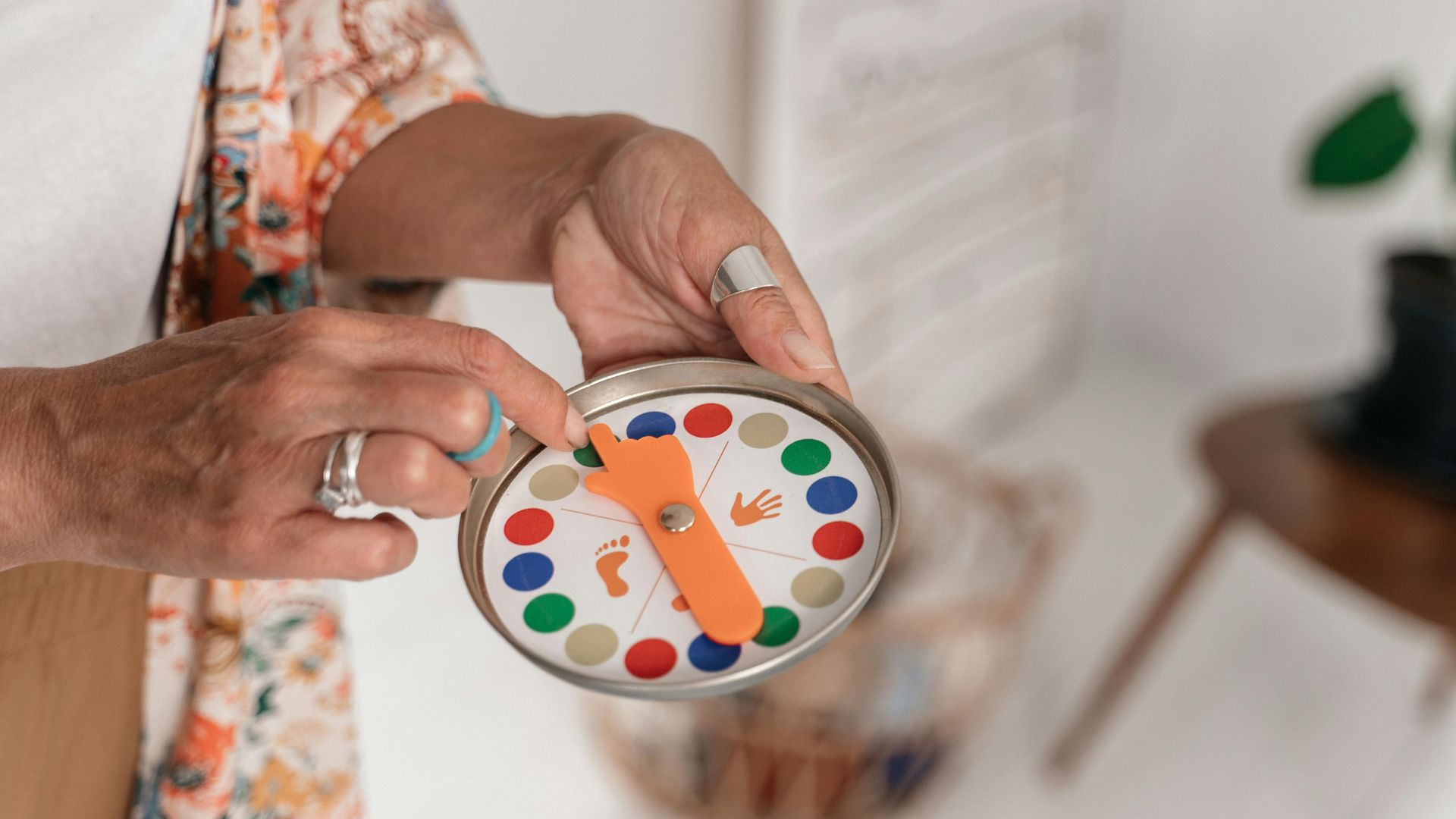Will AI Replace Therapy?
by Hailey Byrne, LMSW | April 2025
In recent years, artificial intelligence has made waves in nearly every industry—medicine, education, business, and even mental health. AI-powered chatbots and virtual assistants can now offer mindfulness tips, mood tracking, and even cognitive-behavioral strategies. Some people find comfort in these tools, and there’s no doubt they can be helpful. But let’s be clear about one thing: AI cannot replace therapy—at least not in the way that truly matters.
AI Can Analyze, But It Can’t Empathize
AI can process words, recognize patterns, and simulate conversations. But empathy is not data-driven. It’s deeply human. A therapist doesn’t just listen to what you’re saying—they feel with you. They understand the subtext, the hesitation in your voice, the things you don’t say out loud. Reading and decoding body language is a huge part of the job of a therapist. That level of emotional intelligence isn’t something AI can truly replicate, no matter how advanced the algorithms get.
Therapy is a Relationship, Not Just a Tool
At the heart of therapy is a relationship between two people. The connection between client and therapist builds safety, trust, and mutual understanding. It’s a dynamic that evolves over time. Therapists don’t just respond—they remember, they adapt, they care. AI, no matter how sophisticated, operates on scripts and predictions. It can simulate a response, but it doesn’t relate.
Healing Is Not Systematic
People aren’t machines. Healing isn’t a linear process. Emotions are complex, sometimes contradictory, and deeply nuanced. A human therapist knows when to sit with silence, when to gently challenge you, or when to just be with you in your pain. AI lacks the flexibility to hold space for the irrational or chaotic aspects of being human. It aims to solve, while therapy often requires surrendering to uncertainty.
Ethics and Boundaries Are Human Issues
Therapists are trained in ethical standards that guide how they navigate boundaries, confidentiality, and crisis. If someone is experiencing suicidal thoughts, dissociation, or trauma, a therapist can make nuanced, ethical decisions in real time. AI doesn’t have ethics, it has protocols. And in high-stakes emotional situations, that’s not enough.
AI Can Support, Not Replace
Yes, AI can support the therapeutic process. Mental health apps, mood trackers, journaling prompts, and virtual therapy platforms have made mental healthcare more accessible than ever. Used alongside therapy, AI can be a valuable tool. But as a replacement? It simply falls short.
Because therapy isn’t just about finding answers. It’s about being seen. Being heard. Being met, human to human, in your most vulnerable moments. And that’s something no AI can truly offer.
In conclusion, AI is here to stay, and in many ways, that’s a good thing. But when it comes to mental health, we need to remember the irreplaceable value of real human connection. Therapy is not just a conversation, it’s a relationship, a journey, and a safe space that only another human can truly hold.












